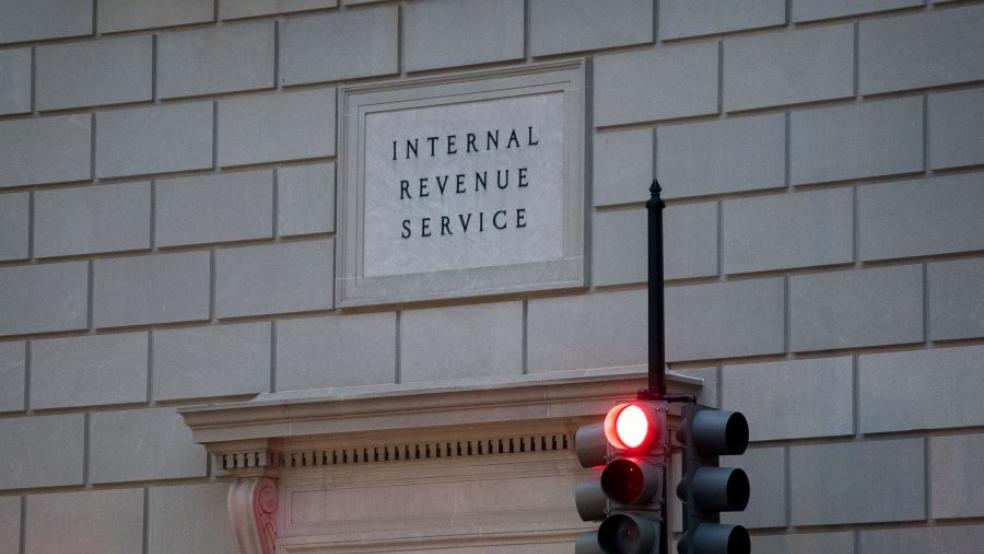The new Republican leaders in the House have long vowed that their first legislative vote — expected later tonight — will be on a bill that would rescind most of the $80 billion in funding provided to the IRS by the Inflation Reduction Act.
“On our very first bill, we’re going to repeal 87,000 IRS agents,” Rep. Kevin McCarthy promised back in September.
Ever since Democrats pushed the funding increase through last year, GOP lawmakers have used the additional money for the IRS as a political talking point, charging — without evidence and contrary to the stated intent of the law — that the funding will be used to hire thousands of new agents whose main function will be to harass family households and small businesses. The name of the GOP bill, the Family and Small Business Taxpayer Protection Act, reflects that political framing.
As plenty of critics have pointed out (see here, here and here), the funding is intended for a variety of uses, including badly needed investments in technology and customer service, as well as making up for a wave of retirements at the tax agency — all of which are aimed at reducing cheating and increasing revenues. Any increase in auditing capabilities — desperately needed after years of budget cuts, most experts say — will be focused on the extremely wealthy, as Treasury Secretary Janet Yellen said last summer. (The recently revealed failure of the IRS to audit former president Donald Trump, in part because his tax returns are so complex, only emphasizes the point.)
A potentially costly campaign: Whatever the political benefits of clawing back IRS funding — or attempting to do so, since the House bill has virtually no chance of becoming law anytime soon — the potential fiscal cost is clear. According to an analysis released by the Congressional Budget Office Monday, the bill would result in the loss of $114 billion in revenue over a decade.
The CBO estimates that the bill would rescind nearly $72 billion from the IRS, with Republicans allowing a few billion dollars of the new funding to be used for taxpayer services and modernization efforts. As a direct result of the clawback, revenues collected by the Treasury would be $186 billion lower over 10 years, producing a net loss of $114 billion.
Noting the steep cost of the bill, the fiscal hawks at the Committee for a Responsible Federal Budget took Republicans to task for their plan. “According to the Congressional Budget Office (CBO), the bill would increase deficits by more than $100 billion over the next decade while encouraging tax cheating, expanding the tax gap, and undermining a policy supported by every President since Ronald Reagan, including Donald Trump,” CRFB said.
Nevertheless, despite the potential real-world cost of the bill, Republicans vowed to press ahead. “We WILL repeal funding for the Administration’s 87,000 new IRS agents this week,” Rep. Nancy Mace (R-SC) tweeted Monday.
Rep. Jason Smith, the newly elected chairman of the House Committee on Ways and Means, said Monday that the effort to rescind funding from the IRS would be part of a larger effort to impede the tax agency. “Our first step is defunding the $80 billion pay increase Democrats gave the IRS to hire 87,000 new agents to target working families,” Smith said in a statement. “But we are not stopping there. If confirmed, the new IRS Commissioner should plan to spend a lot of time before our committee answering questions about the leaking of sensitive taxpayer information and an agency with a history of targeting conservative Americans. We will make it clear to every IRS employee that the Ways & Means Committee welcomes whistleblower efforts to uncover corrupt behavior at that agency.”


